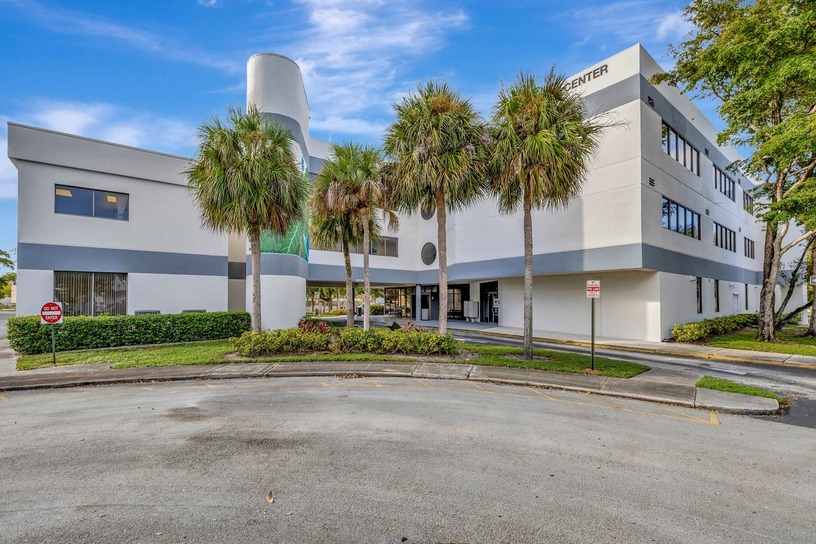How Much Does Bipolar Disorder Treatment Cost Without Private Health Insurance Coverage in Fort Lauderdale, FL?
The cost of bipolar disorder treatment without private health insurance coverage in Fort Lauderdale, FL, can vary widely depending on the type of care you need. On average, individual therapy sessions can range from $100 to $200 per session, while more intensive programs, such as partial hospitalization programs, can average between $350 and $450 a day at a private facility.
If you require medication, the costs can accrue, with monthly expenses ranging from $50 to $500, depending on the type and dosage. Inpatient care is often the most expensive. Funding bipolar disorder treatment without insurance will likely require exploring alternative financing options like sliding scale fees, state-funded programs, or financial assistance.
How Much Does Bipolar Treatment and Therapy Cost with Private Health Insurance Support in Fort Lauderdale, FL?
With private health insurance support in Fort Lauderdale, Florida, the cost of bipolar treatment and therapy can be significantly reduced. Depending on your plan, you might pay only a copay or coinsurance for each therapy session, service, or medication, which ranges from $20 to $50 per visit.
Your insurance plan’s specifics, such as premiums, deductibles, copayments, and coverage limits, will determine your out-of-pocket costs. Reviewing your benefits and speaking with a healthcare provider like Sylvia Brafman to understand what is covered and any potential financial responsibilities is essential. Call 877-958-9212 today.











